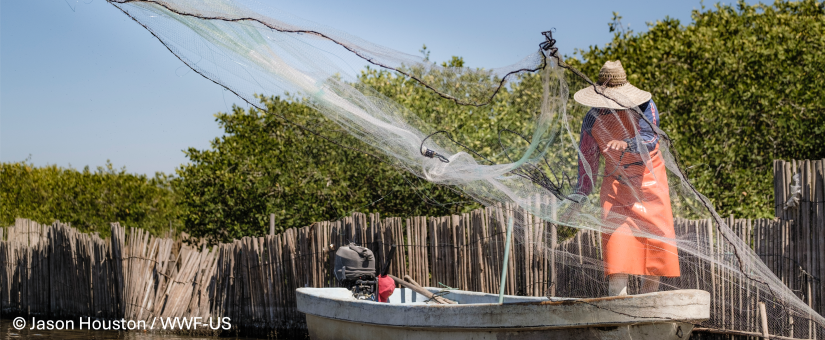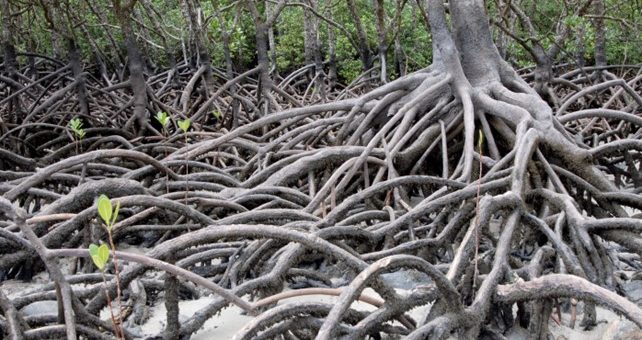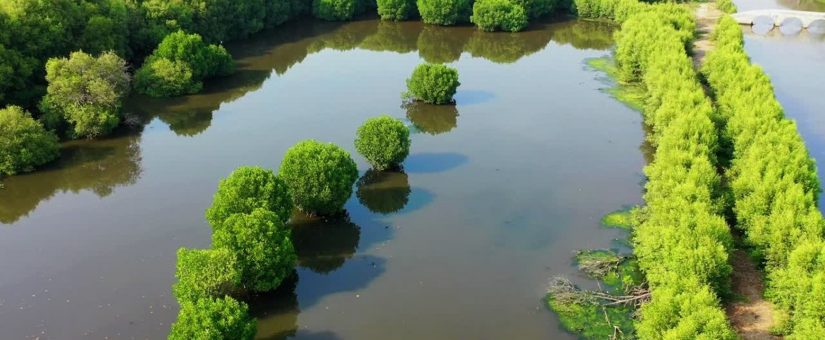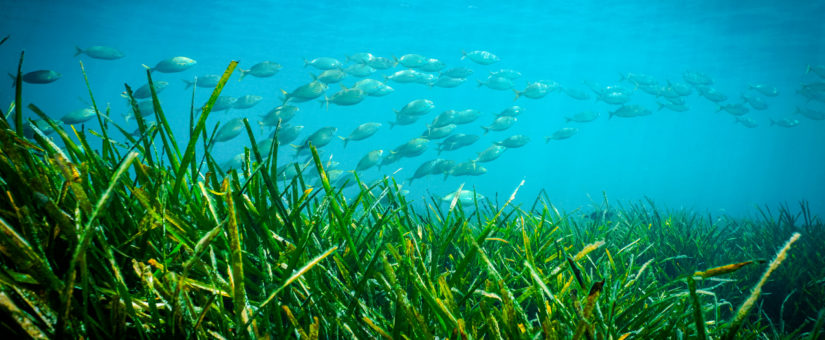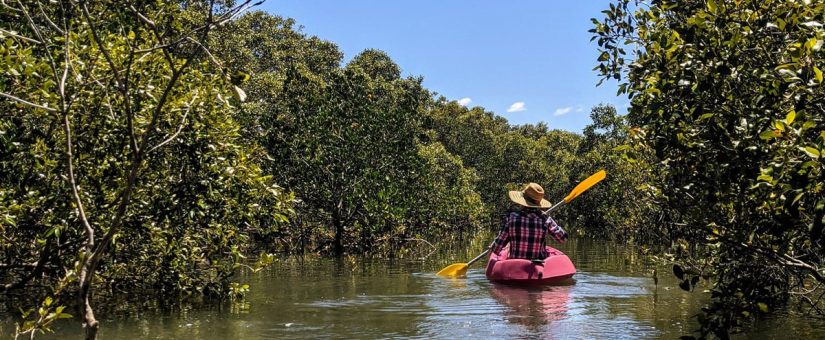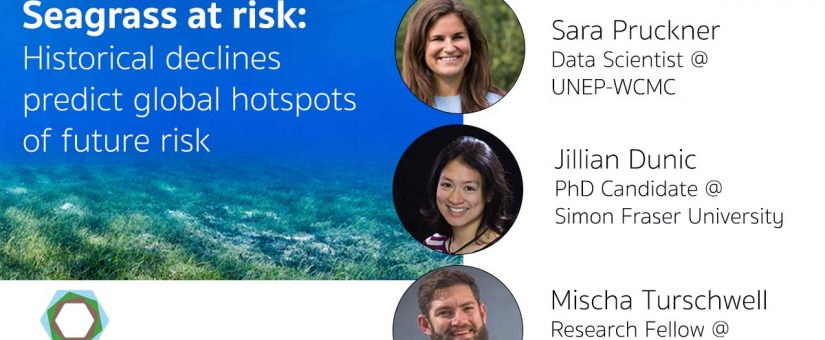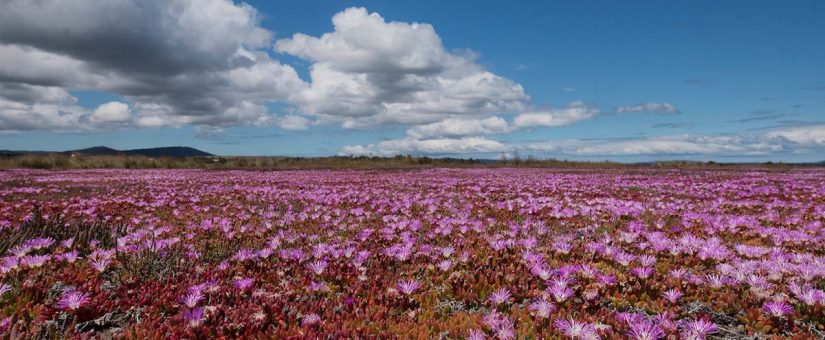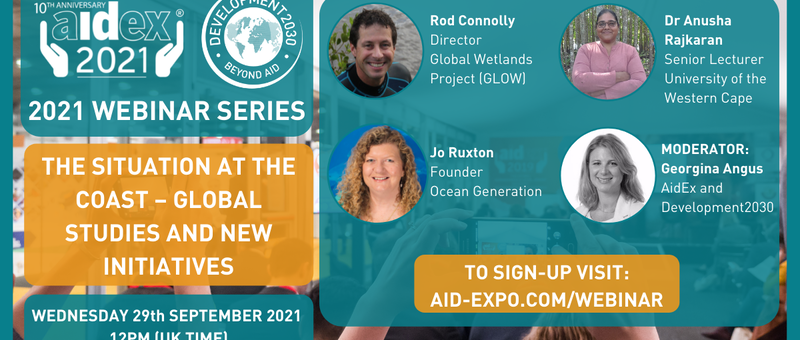Digital Mangroves: Promise and Peril
- Posted by Akshata Mehta
- On February 17, 2026
As part of the International Mangrove Day Webinar Series, the GLOW project is sharing a collection of short talks highlighting the science and innovation shaping the future of coastal wetland conservation. Continuing this feature, Dr César Herrera Acosta from the Global Wetlands Project examines how digital tools — from sensors and AI to large-scale monitoring […]
Read More


